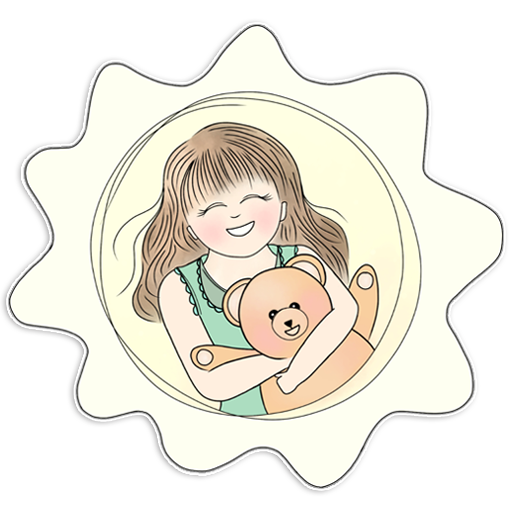Commonly Asked Questions About Play Therapy and My Services
Play is essential to growth, development, learning, and cultivating relationships. Research shows that play therapy is an effective treatment approach.
How do I know if my child may benefit from play therapy?
If your child has experienced trauma, bullying, grief, loss, adoption issues, abandonment, physical and/or sexual abuse, divorce, or any other adverse experiences, therapy can help them change their view of those events and can lead to a shift in behavior.
Can we talk prior to beginning with the first full session?
Yes! I offer a free 30-minute phone consultation for all new clients. Please contact me to schedule.
What should I expect at the initial phone consultation and how do we get started?
I talk with parent(s)/guardian(s) during my complimentary 30 minute phone consultation. Together we briefly explore your child's history and the current situation. During this time, I will answer any questions you may have about my approach and/or experience and share how I can help. Please note that this initial contact is a consultation to determine if I am a good fit to work with your child; it is not the initiation of a client-therapist relationship, and I may determine that a referral to a different provider is the appropriate next step.
If we determine at the end of the consultation that we have found a mutual good fit, we will schedule a 90 minute intake appointment. Prior to coming to the appointment, I would like parents to fill out the client forms and bring them to the intake appointment. At that appointment, I meet with parent(s)/guardian(s) alone to discuss in more detail child and family history.
Following the initial intake, we will schedule a time for me to meet with your child to finish the intake process. These appointments allow me to gain a greater understanding of what your child is going through so we can develop clear treatment goals.
In summary, here are the key steps in beginning the treatment process:
- • 30 minute complimentary phone consultation with parent(s)/guardian(s)
- • New client paperwork and intake scheduling, if deemed to be a mutual good fit
- • 90 minute intake with parent(s)/guardian(s)
- • Intake with child
- • Therapy begins
What role will I take as a parent/guardian in my child's therapy?
Parents and caregivers play an important role in the play therapy process. I meet with parents on a regular basis to discuss any changes they are noticing in their child and may ask them to join in the play process if I think it will be helpful. I may also provide recommendations for activities and books outside of play therapy sessions that will support the overall treatment process.
How long is a typical play therapy commitment?
The play therapy process time commitment varies and is determined, in part, by several factors in a child's past and present experiences. The current developmental stage and age of the child at the onset of the issue both have an impact on the length of the process. Typically more recent events will correspond with a shorter length of therapy. The further back, the longer the process will take.
Children experience greater benefit from establishing longer relationships with their therapist. I encourage parents to be patient with the process and to refrain from looking for a quick fix.
How do I find the right provider for my child?
There are many types of play therapy. Look for a provider that will provide the space for your child to express their personal experiences and perspectives. Ask what type of training and/or credentials the provider has and what their approach is. Children recreate experiences that are part of their anger, fears, sadness, or frustrations and will experience the greatest change in behavior when given the space to do so with a trained play therapist.
What are some signs that my child is benefiting from therapy?
Play becomes therapeutic to children as they are able to express their experiences and emotions.
At the beginning as children begin to process their experiences, you may notice they may not be behaving as well or they may be more emotional. This is a positive sign that they are impacted by their therapy and that it is providing an opportunity for them to work through their experiences. Please do not be alarmed if things seem to get harder before they get better; this is common.
As a child's play evolves, they will gain a greater sense of understanding and comfort regarding the situation and their life in general. You may notice that your child's play changes at home as well and over time that they convey a greater sense of ease in daily interactions and experiences.
